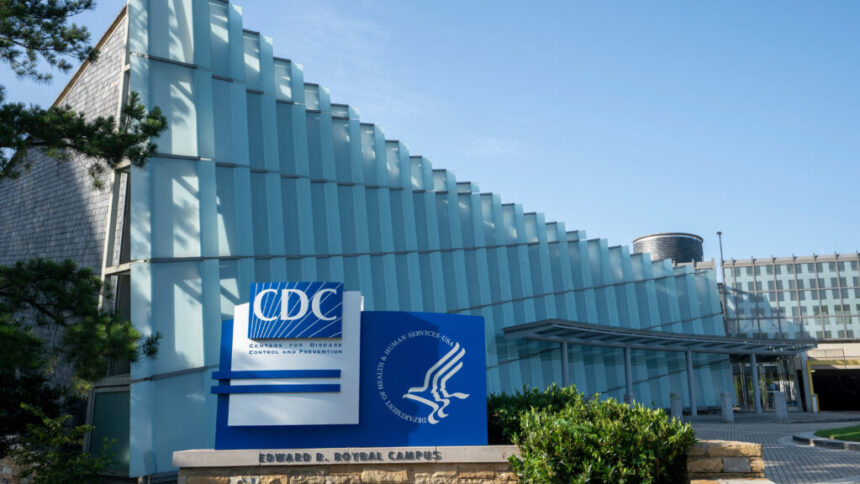The Advisory Committee on Immunization Practices (ACIP) has announced that it will begin a review of long-approved vaccines and the cumulative effects of shots given to children and adolescents. Martin Kulldorff, the co-chair of the ACIP, made this announcement at a highly anticipated hearing in Atlanta. This review will be conducted by two new work groups, one focusing on childhood and adolescent schedules as a whole and another on vaccines that have been approved for seven or more years. Specific vaccines mentioned for review include the hepatitis B shot given to infants at birth and the combination measles, mumps, rubella, and chickenpox shot, which have been targeted by vaccine skeptics.
Kulldorff emphasized the importance of staying current with scientific research to ensure that ACIP recommendations are optimal for both individuals and public health. This move comes in response to concerns raised by vaccine skeptics and anti-vaccine groups, who have questioned the safety of the entire vaccine schedule. These groups have long argued that the cumulative exposure to vaccines could lead to adverse effects, such as autism, a claim that has been widely debunked by the scientific community.
The American Academy of Pediatrics, a key participant in ACIP meetings, has decided to no longer take part in the process, citing concerns about the politicization of the committee. AAP President Susan Kressly stated that the newly constituted ACIP is no longer a credible process, prompting the AAP to continue publishing its own immunization schedule independently.
While the ACIP has previously explored the safety of the vaccine schedule, the current review will focus on newer data and scientific evidence. Vaccine safety studies have shown a small potential association between aluminum exposure from vaccines and asthma, but overall, the evidence continues to support the safety of routine childhood vaccinations. Additionally, concomitant studies have demonstrated that adding new vaccines to the schedule does not interfere with their effectiveness or raise additional safety concerns.
In a separate development, President Trump’s nominee for CDC director, Susan Monarez, expressed support for vaccines during her confirmation hearing. Despite questions about halting U.S. support for Gavi, the Vaccine Alliance, Monarez emphasized the importance of vaccines in saving lives and promoting public health.
In conclusion, the ACIP’s decision to review long-approved vaccines and the cumulative effects of childhood immunizations reflects a commitment to evidence-based medicine and ongoing monitoring of vaccine safety. As the scientific community continues to research and evaluate vaccine schedules, the goal remains to ensure the optimal protection of individuals and public health.







